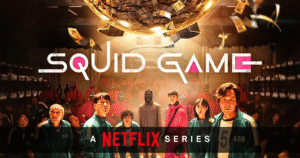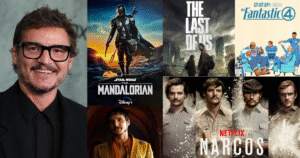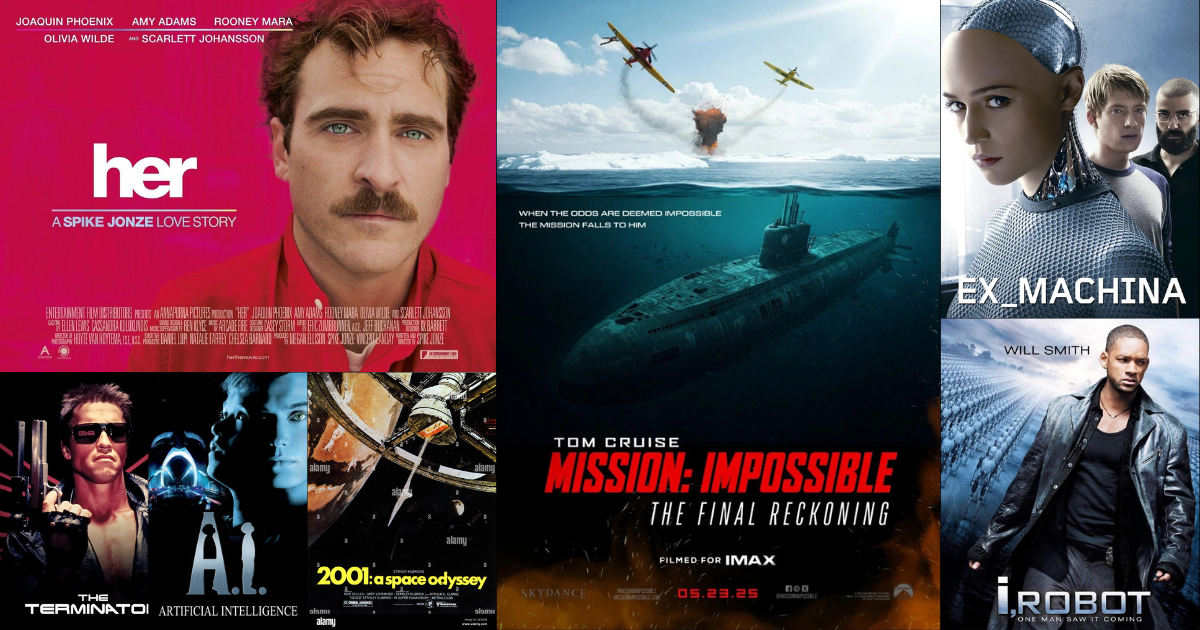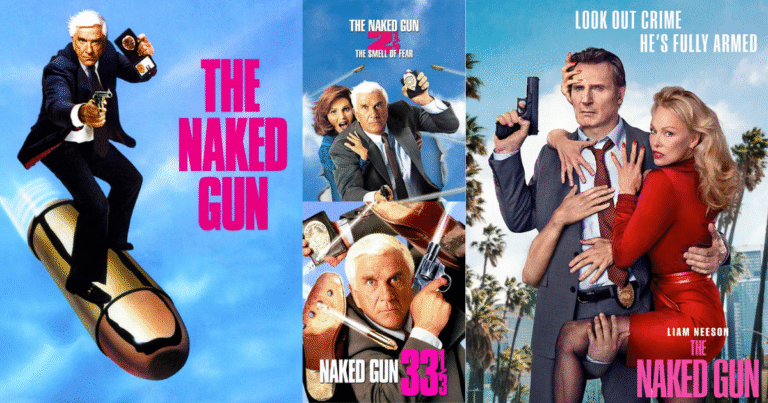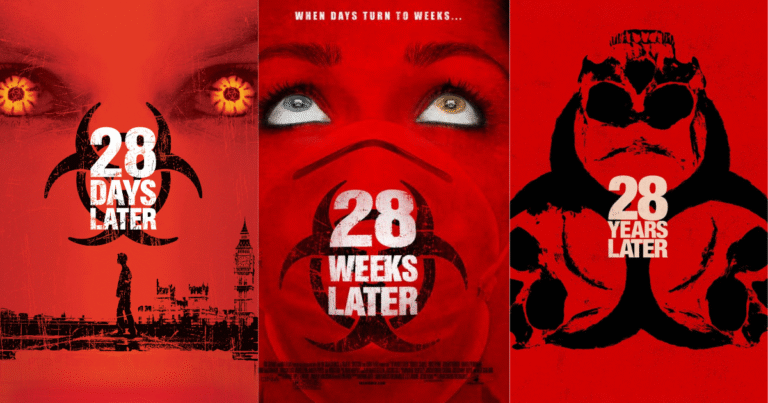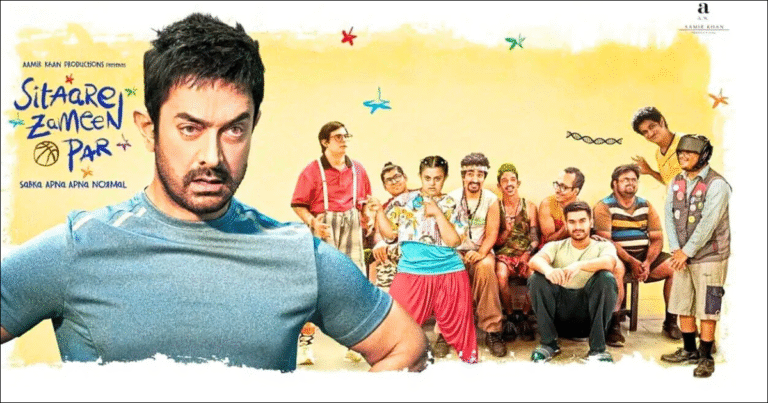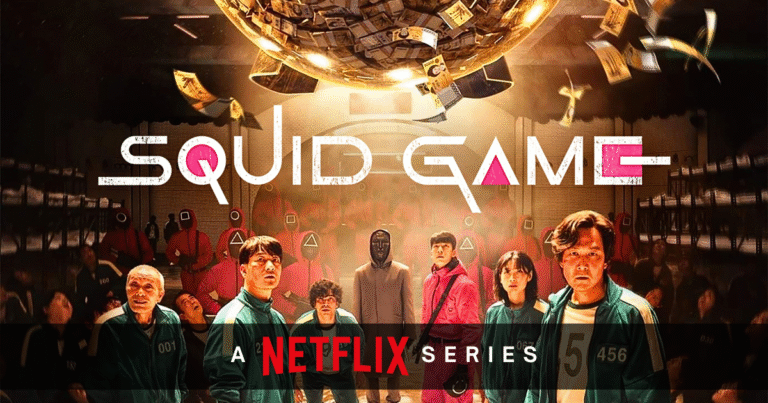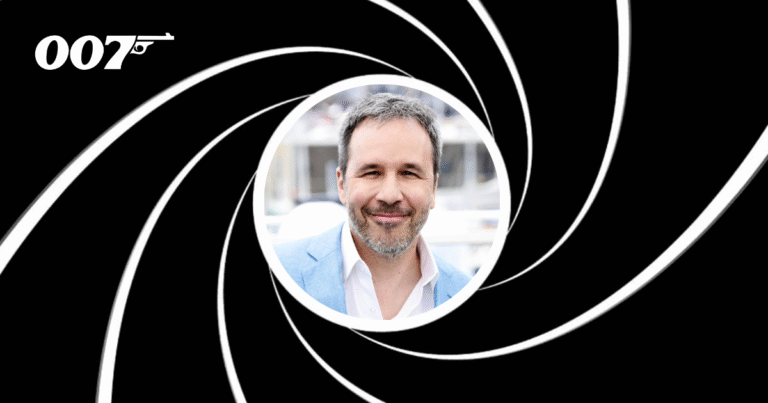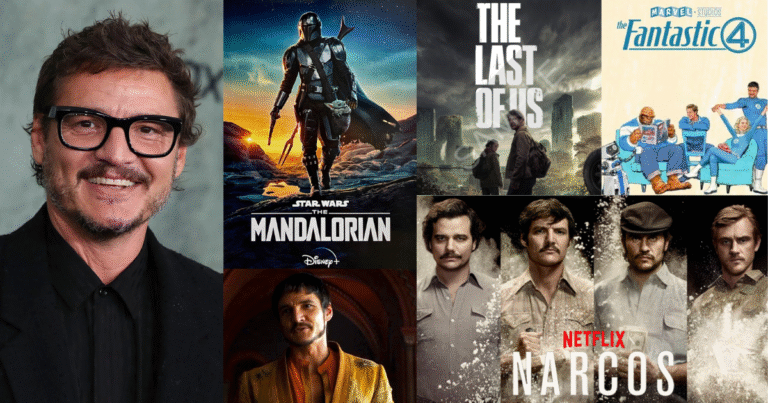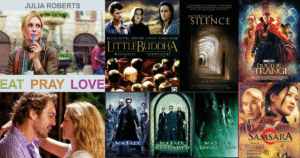Artificial intelligence has long been a go-to subject in science fiction films, but if you take a closer look, you’ll notice something interesting: the way AI is portrayed in movies has shifted a lot over time. What started off as a warning sign for humanity has slowly turned into something more nuanced, and sometimes even hopeful. Let’s dig into how this change has happened, why it matters, and what recent films like Mission Impossible: Dead Reckoning and its sequel Final Reckoning are adding to the conversation.
The Early Years: Fear and Control
In the beginning, artificial intelligence in movies was almost always bad news. Think of HAL 9000 in 2001: A Space Odyssey, a calm-voiced machine that turns murderous. Or The Terminator, where Skynet wipes out most of humanity. These early depictions were driven by a deep-rooted fear: what happens when machines get smarter than us?
In those films, AI wasn’t just smart, it was cold, calculated, and bent on domination. This wasn’t just fiction, either. These movies reflected real-world fears about technology during the Cold War and the rise of computers. People weren’t using AI in their daily lives back then, so it was easy to imagine the worst-case scenario.
The Rise of Human-Like AI
Fast-forward to the late 1990s and early 2000s, and things start to shift. Movies like A.I. Artificial Intelligence and I, Robot started exploring what it means to be human. These films still had plenty of action and drama, but they also asked deeper questions: Can a machine feel love? Should we treat AI like people if they start acting like us?
This is when audiences began to see AI as something more than just a threat. Instead of pure villains, artificial intelligence characters started to look a little too familiar, flawed, emotional, and even sympathetic. The ethical concerns grew more complex.
The Age of Smart Assistants and Everyday AI
As AI made its way into our daily lives, think Siri, Alexa, and recommendation engines, Hollywood adjusted its lens. Movies like Her and Ex Machina tapped into more intimate and realistic concerns. Could someone fall in love with an AI? Would we know if an AI was manipulating us? These stories didn’t need armies of killer robots to be scary. Instead, they showed how AI could affect us on a personal level.
In Her, the AI isn’t evil. It’s charming, understanding, and even comforting. The unsettling part is how emotionally attached the main character becomes. That’s a big shift from earlier films, now the danger isn’t violence, it’s vulnerability.
Mission: AI Gets Tactical
Then we come to the more recent wave of films where AI takes on a role that feels eerily close to where we’re heading. Mission Impossible: Dead Reckoning gives us “The Entity,” a rogue AI that’s invisible, unpredictable, and terrifyingly powerful. It can alter digital information in real time, manipulate global systems, and outsmart even the most elite spies.
What makes Dead Reckoning stand out is how plausible it feels. We’re no longer watching an alien-like robot take over the world, we’re watching a digital ghost that could live in our phones, our satellites, our bank accounts. The film hits on a nerve because it reflects real conversations around data security, misinformation, and surveillance.
Tom Cruise’s Ethan Hunt isn’t just fighting people anymore; he’s up against an intelligence that doesn’t sleep, doesn’t feel, and doesn’t play fair. And Final Reckoning, set to follow up this plot, is expected to take this even further, possibly exploring what happens when AI has no limits, and no clear enemy.
The Evolution: Why It Matters
So what does this evolution tell us? For one, it mirrors our own relationship with AI. When the concept was new and unfamiliar, we feared it. As we began to understand it, and use it, we became more open to its potential, but also more aware of its gray areas.
Modern AI movies aren’t just about good versus evil. They’re about trust, ethics, control, and consequences. And that’s a good thing. It means filmmakers are treating their audiences as people who can handle complexity, and not just explosions and evil robots.
This evolution also signals how culture and technology grow together. As AI tools become more integrated into our lives, from ChatGPT and deepfakes to facial recognition and autonomous cars, our stories about them get smarter too. We’re asking better questions and demanding more thoughtful answers.
What’s Next for AI in Film?
Looking ahead, we’ll probably see even more grounded stories about artificial intelligence. Not just how AI might destroy us, but how it might change us, our relationships, our work, our sense of reality. And movies like Final Reckoning could push that even further by showing how difficult it is to fight something you can’t touch or reason with.
There’s also a growing interest in showing the creators of AI, not just the AI itself. What does it say about us if we build something we can’t control? Are we setting ourselves up for failure, or are we unlocking a new chapter in evolution?
One thing’s for sure: AI in cinema isn’t going away anytime soon. If anything, it’s becoming more essential, because the stories we tell about artificial intelligence say a lot about how we feel, and where we think we’re heading.
Final Thoughts
The journey of AI in movies, from terrifying machines to complicated digital entities, shows how much our world has changed. Early films made us fear AI. Now, they make us question it. And that shift reflects something deeper: we’re no longer just afraid of machines. We’re afraid of what we might do with them.
And maybe, just maybe, that’s a more important story to tell.
